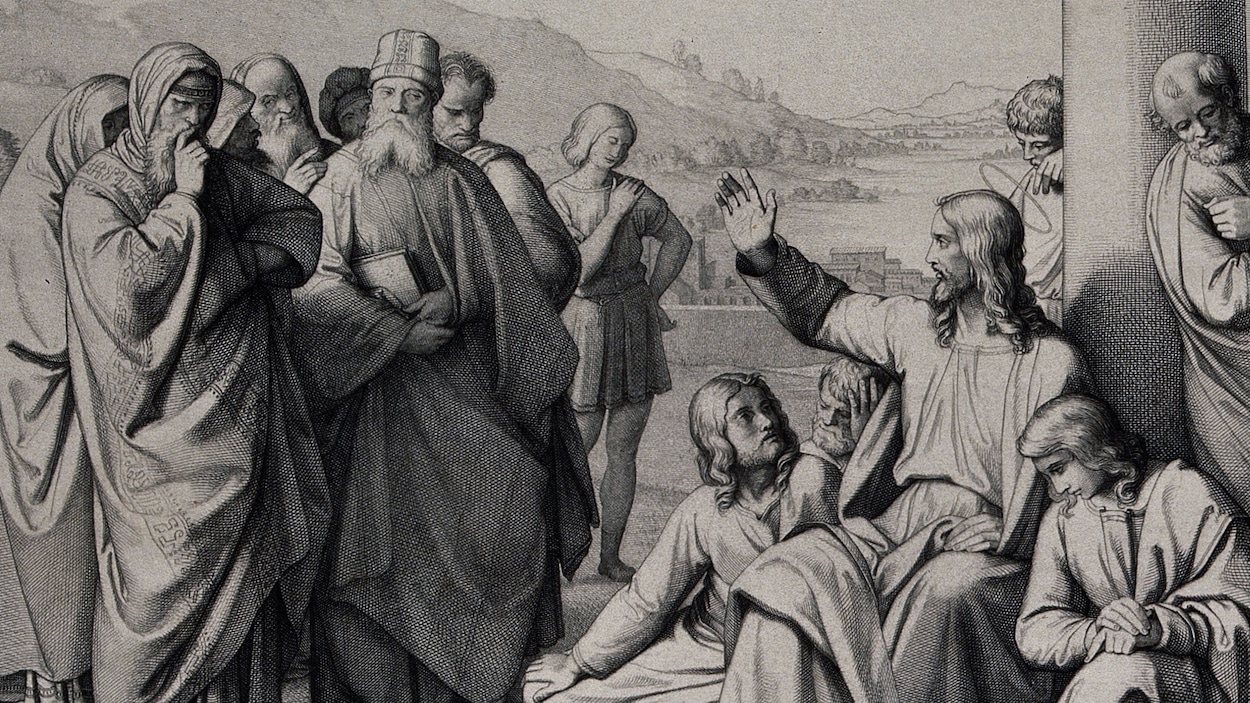
This is the time of year when we really appreciate sunlight—for in January the daytime sky is often gray and gloomy, but winter somehow doesn’t feel quite as cold or inhospitable when the sun is shining. Insufficient light can have a negative emotional effect on us; for instance, some people suffer from Seasonal Affective Disorder, in which the lack of sunlight causes serious depression during the winter season. Light, of course, is necessary not only for our emotional health, but also for our physical well-being. All of us, for example, need ample supplies of Vitamin D, which performs many important functions in our bodies; the main source of this vital nutrient is the sun—meaning that in the winter, we might very well benefit from Vitamin D supplements. Sufficient light is also necessary for us to move about safely; we wouldn’t want to walk in a pitch-dark room without a flashlight, or drive on a deserted country road without the benefit of headlights. Light, or its absence, can in fact be a matter of life-and-death. An extreme example of this truth occurred during a major World War II naval battle in the Pacific. Late one afternoon in June 1944, aircraft carriers of the U.S. fleet launched a powerful long-range aerial assault on the Japanese Navy, but after their successful attack, the American pilots had to return to their own fleet after sunset. The aviators, who normally flew only in daylight, were faced with the almost impossible task of finding their carriers in the dark, and then landing safely. Knowing the great danger the pilots were facing, the American admiral ordered, despite the risk of exposing the fleet to possible torpedo attacks from Japanese submarines, the decks of his aircraft carriers to be lit up—a brave decision which allowed most of the planes to touch down safely.
The presence of light is most important of all in a spiritual sense. The great 19th century English poet Alfred Lord Tennyson was a devout Christian. One day he and a friend were walking in a beautiful flower garden, discussing religion. The friend said to him, “You speak so often of Jesus. Will you tell me what Christ really means to you?” Tennyson thought for a moment, and then, pointing at a flower in bloom, responded, “What the sun is to that flower, Jesus Christ is to my soul” (This Sunday’s Scripture, 1-27-2002). The poet uttered a simple but profound truth that should mark the life of every member of the Church. We live in a world ever-more deeply plunged into the darkness of sin, and only the light of Christ will help us find the way to eternal life in Heaven.
In the Nicene Creed we refer to Jesus not only as “God from God,” but also as “Light from Light”—and the readings for the Third Sunday in Ordinary Time explain why this title is appropriate. The prophet Isaiah had predicted that the people walking in darkness would see a great light, one which would shine forth in a land imprisoned in sin and distress and covered in gloom and despair. In the Gospel (Mt 4:12-23), St. Matthew shows this prophecy being fulfilled in the beginning of Our Lord’s public ministry and in the calling of His first disciples. God never abandons His people to the darkness of sin. When the light shines forth, of course, it’s necessary to accept it and persevere in following it, instead of preferring the darkness. Simon Peter and his brother Andrew, and the brothers James and John, embraced the light by answering the Lord’s call—an essential first step on their own path to holiness. It’s possible, however, for followers of Christ to fall back into the darkness of sin; as we see in First Corinthians (1:10-13, 17), St. Paul had to rebuke and correct his converts among the Corinthians for allowing anger and jealousy to divide them into rival factions and groups. Jesus alone is the true light of the world, and we must not allow anyone or anything to rob us of that grace and peace only He can give.
In the days before electricity, city streets were lined with outdoor lamps mounted on large upright poles; each day, as dusk approached, a lamplighter would reach up with a torch attached to the end of a long pole or rod in order to light them. One evening a man was watching the lamplighter go about his business; his form soon disappeared in the darkness, but as he continued down the street, he left behind a series of brightly burning lamps. The man remarked to a friend, “That is what I mean by a real Christian—you can trace his course by the light he leaves burning behind him” (op. cit.).
What about us? Are we sharing the light of Christ by our words, our deeds, and our example? Are we making a real difference in the life of at least one other person, and preferably many more? The Gospel tells us that Jesus went all through Galilee, teaching the people, proclaiming the good news of the Kingdom, and curing every disease and illness. We’re not expected to do all those things, but we are supposed to bear witness to the One Who can. When people look at us and at the way we live, does this make it easier for them to believe in Jesus, or harder? Is our overall influence and effect on the world helping make it a brighter place, or a darker one? When Jesus looks at us, is He able to see that our souls faithfully reflect His light, or does He discover that—like so many people today—we’ve allowed the world to dim or even completely extinguish the light that was entrusted to us and meant to be shared with others?
Our culture of death hates those who proclaim the truth that every single human life is precious from the moment of conception until the instant of natural death; our politically-correct society scorns those who insist that Jesus alone is the way, the truth, and the life; our rebellious and defiant world attacks those who faithfully shine and reflect the light of faith in the midst of the darkness that surrounds them. If we take our faith seriously, we are going to stand out; we’re going to be countercultural, and perhaps we’ll earn this world’s enmity and opposition. Darkness hates the light, but is unable to extinguish it. It doesn’t matter how dark a room is: if you shine just one candle or lamp, that light will be visible throughout the room, and available as a source of guidance and hope to everyone willing to follow it. So it is with our example—and it’s entirely possible that we may be the only reflection of Christ’s light of truth and love that some people ever see. God calls each of us to be numbered among His “children of light,” and we will find inner peace in this world, and eternal glory in the next, to the same degree we answer this call.








